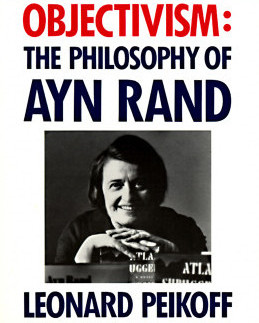An excerpt from chapter 11 on Capitalism from Objectivism: The Philosophy of Ayn Rand by Leonard Peikoff.
“Capitalism,” in Ayn Rand’s definition, “is a social system based on the recognition of individual rights, including property rights, in which all property is privately owned.”1 This is a definition in terms of fundamentals and not of consequences. “Capitalism,” by contrast, may not be defined as “the system of competition.” Competition (for power and even for wealth) exists in most societies, including totalitarian ones. Capitalism does involve a unique form of competition, along with many other desirable social features. But all of them flow from a single root cause: freedom.
Under capitalism, state and economics are separated just as state and church are separated and for the same reasons.2 Producers must obey the criminal law and abide by the decisions of the courts; but otherwise the policy of the government is: hands off! The term “laissez-faire capitalism,’’ therefore, is a redundancy, albeit a necessary one in today’s linguistic chaos. Capitalism is the system of laissez-faire; it is not the mixture of political opposites that now rules the West. In a free market, there are …
Read the rest in Objectivism: The Philosophy of Ayn Rand.
